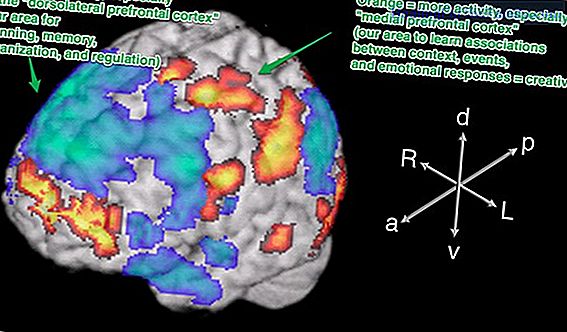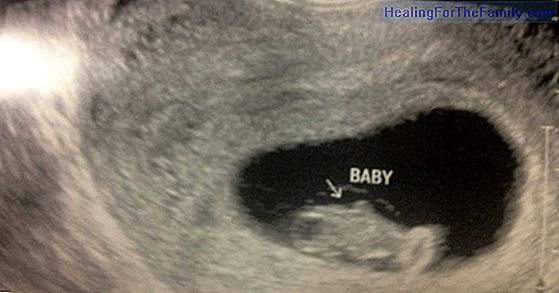Prevention and control of high-risk pregnancies
Although pregnancy is one of the most beautiful stages in a woman's life, many social, social or other factors can be life-threatening of the future mom and her baby. Pregnancies considered de high risk appear with a frequency of 10% and require control by parents and the doctor to avoid problems as
Although pregnancy is one of the most beautiful stages in a woman's life, many social,social or other factors can be life-threatening of the future mom and her baby.
Pregnancies considered de high risk appear with a frequency of 10% and require control by parents and the doctor to avoid problems as serious as premature births or fetal or pregnant death. Among the causes that cause a high-risk pregnancy some can be avoided, such as problems due to smoking alcohol or alcoholism, while others require a control to arise in pregnancy, for example gestational diabetes. Preventing a high-risk pregnancy According to Dr.
Víctor M. Meneses

of the College of Gynecology and Obstetrics of Mexico, there are some diseases that can be complicated if the patient becomes pregnant, for example cardiovascular diseases , Kidney problems, high blood pressure, cancer or diabetes. If the woman who seeks to have a child suffers from any of these ailments, she should consult the specialist in advance to reduce the risks in pregnancy. Similarly, the expert recommends planning, as far as possible, the pregnancy as a couple, especially if you have a family history or a medical history that favors a high-risk pregnancy, and perform, in turn, consultations prenatalAs practical advice, maternal age should be taken into account, since women under 18 and over 40 enter the risk group. The use of tobacco, alcohol and other harmful substances must also be eliminated, good nutrition must be maintained before and during pregnancy, and pregnancies should be spread for a minimum of 18 months to help maternal recovery.
Control of a high-risk pregnancy
Many times you can not avoid having a high-risk pregnancy, either due to medical problems such as maternal anemia or diabetes, or social problems such as teenage or late pregnancies. In this case, it is essential to carry out medical checks that ensure the proper development of pregnancy.
Once the cause of the high-risk pregnancy is detected, the frequency of
gynecological examinations
vary, but weight and blood pressure, fetal heart rate, uterine dynamics, and some tests should always be checked. of blood, urine controls, ultrasound and amniocentesis. In turn, the specialist should keep future dads informed of possible complications, diet, controls and medication
, if necessary, which should be followed, and, very important, should teach them to recognize the warning signs that require urgent medical intervention. Patricia García. Collaborator of GuiaInfantil.com












